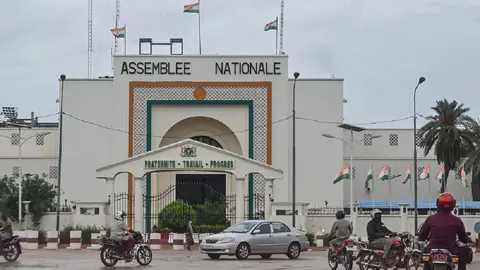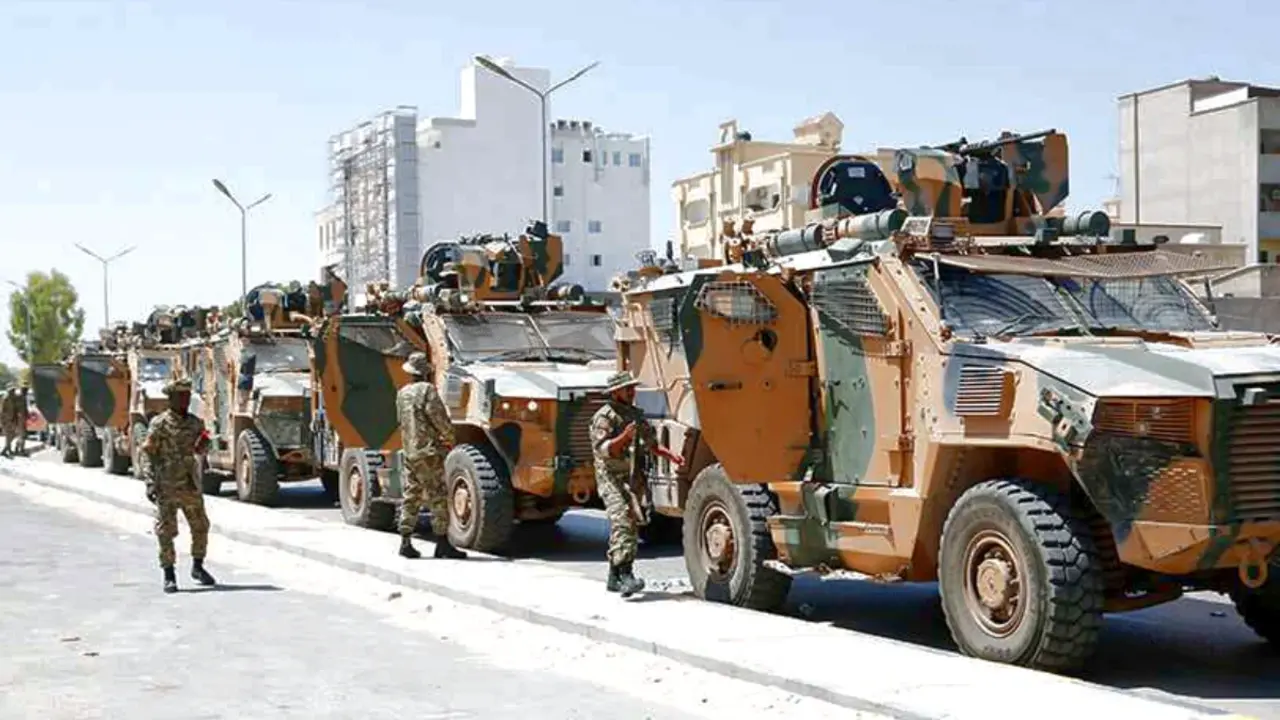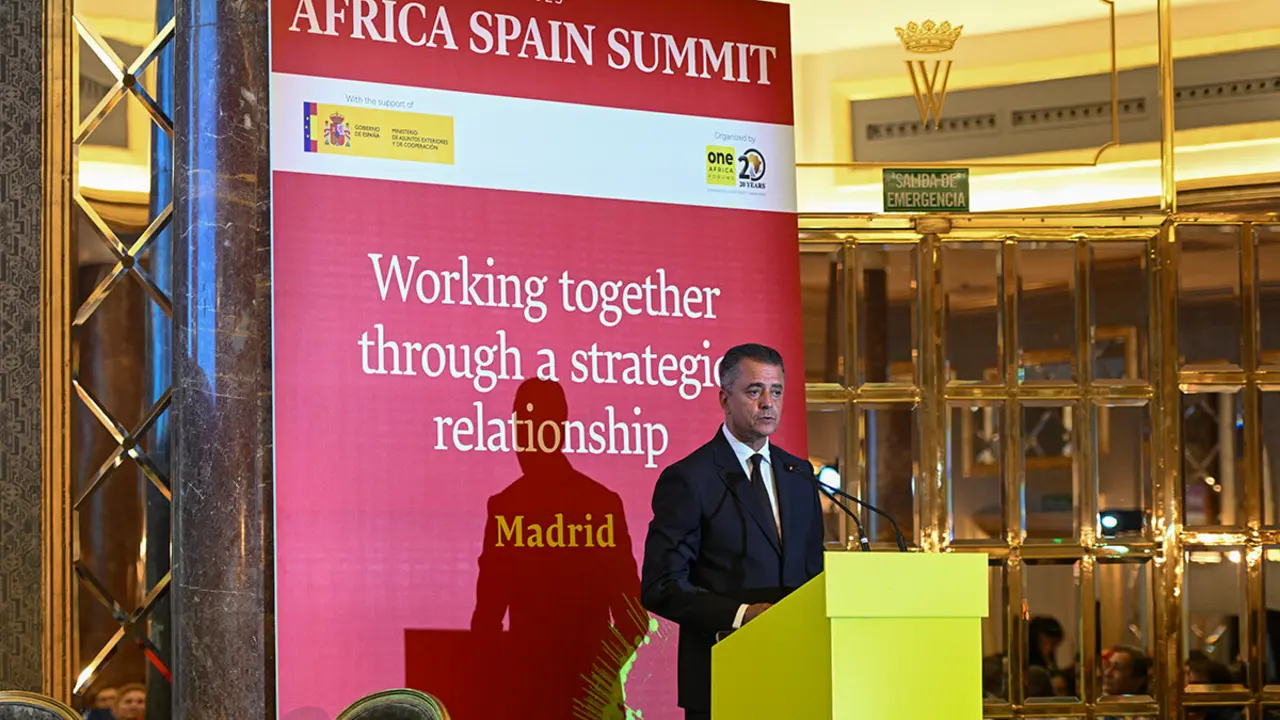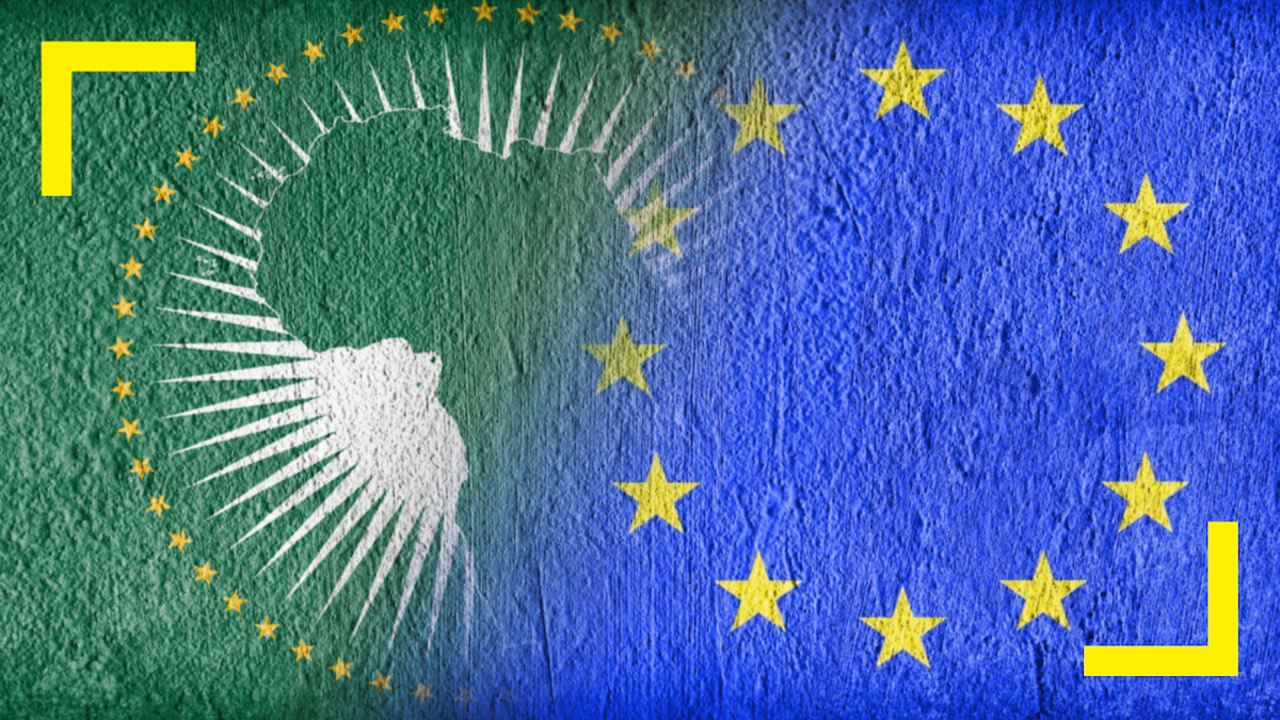Mali, Niger and Burkina Faso sign a Sahel security pact

The Sahel region suffers from instability and constant attacks by terrorist organisations and mercenary groups, with the presence of the Wagner Group standing out. In anticipation of possible new coups d'état or new conflicts of a warlike nature, the governments of Mali, Niger and Burkina Faso have reached a mutual defence agreement.
The so-called Alliance of Sahel States was signed in the capital of Mali, Bamako, by the heads of state of Burkina Faso, Captain Ibrahim Traoré, Mali, Colonel Assimi Goïta and Niger, General Abdourahamane Tiani.

The leader of Mali's military junta, Aissimi Goïta, said on his social media: "Today I signed with the heads of state of Burkina Faso and Niger the Liptako-Gourma charter establishing the Alliance of Sahel States, with the aim of creating a framework for collective defence and mutual assistance". Ibrahim Traoré added that the signing of this agreement "marks a turning point in cooperation in the West African region".
The three countries "undertake to combat terrorism in all its forms and organised crime in the common space of the Alliance," according to the official note.

The recent history of these countries has been altered by various coups d'état, civil wars and terrorist attacks by al-Qaeda, Daesh and destabilisations of the region by the Wagner Group. In this context, the nations of Mali, Niger and Burkina Faso have seen relations with neighbouring countries worsen as well as for their international partners.
One of the motivations for signing the agreement was pressure from ECOWAS (Economic Community of West African States) to threaten to use force to restore order in Niger. Prior to the agreement, Mali and Burkina Faso made it public that in the event of external actors entering the conflict in Niger, they would support those they consider their "brothers".

Meanwhile, since the 26 July coup d'état in Niger, ECOWAS has sought and continues to seek a diplomatic solution in order to prevent a recurrence of insurgencies. Mediation in the conflict is complicated.
France's continued presence in the unrest rocking the African continent has also been a problem in the resolution of the conflict in Niger. Along with Chad and Mauritania, the three countries were part of the joint G5 Sahel alliance force that was established in 2017 to combat jihadist organisations in the area, with diplomatic support from France whenever necessary.

But after its 2021 military coup, Mali abandoned the dormant group, and Mohamed Bazoum, Niger's newly ousted president declared in May 2022 that Mali's exit had left the force "dead". Since the coups, relations between the three states and France have deteriorated.
The coup junta in Niger has demanded that France withdraw its ambassador and troops, and France has been forced to do so from Mali and Burkina Faso. As a result, France refused to accept the military junta's government. In the meantime, the two countries are locked in a tense conflict.









